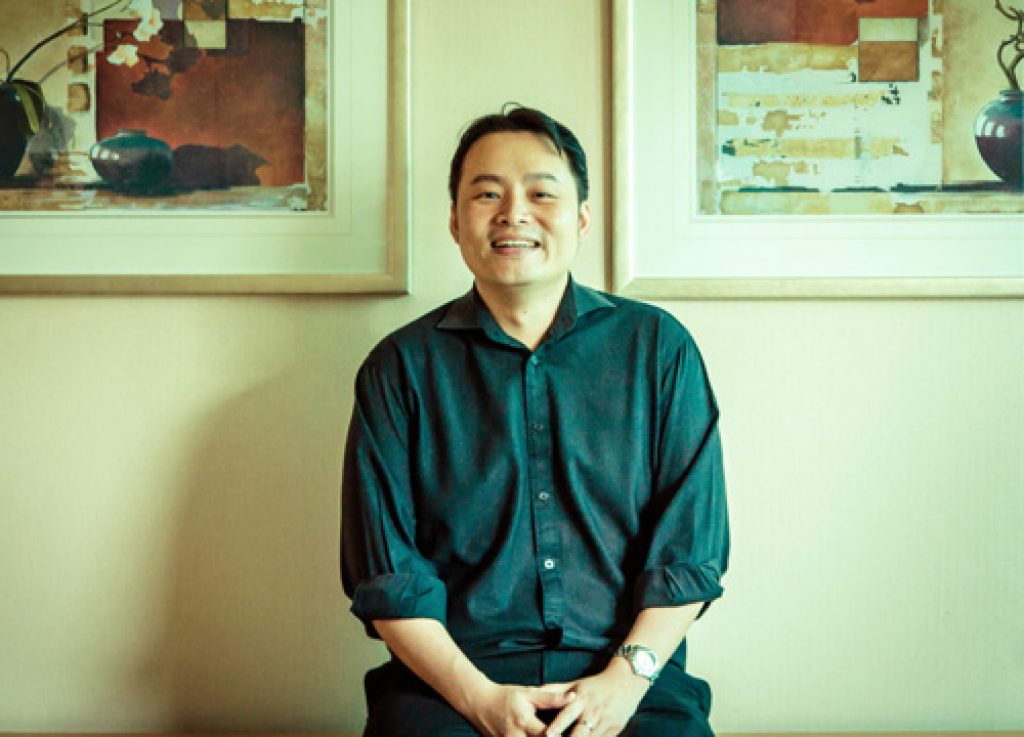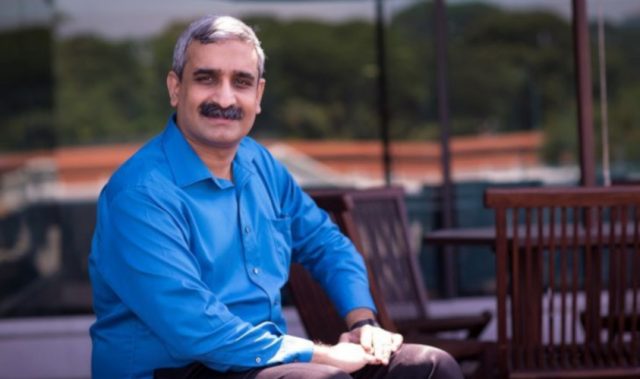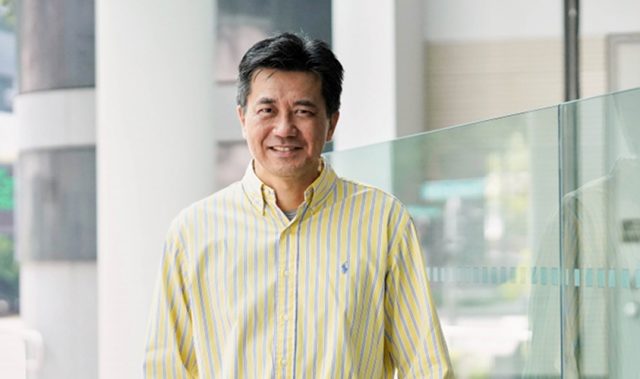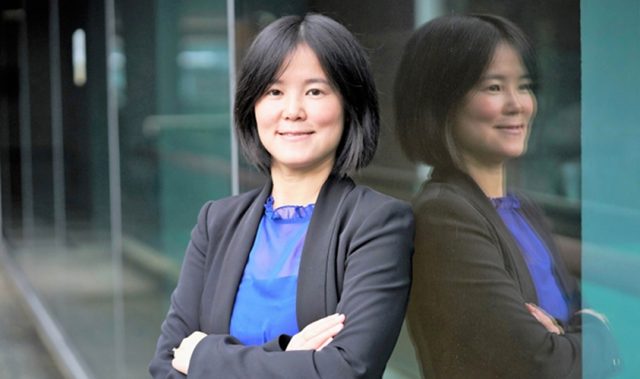
AsianScientist (Mar. 5, 2014) – By Dora Yip – The infamous corporate scandals that turned Enron, WorldCom and Tyco International into household names may have been newspaper fodder for many, but for Associate Professor Gary Pan from the Singapore Management University (SMU) School of Accountancy, they were catalysts that started him on his research into corporate fraud.
Recent high-profile fraud cases in Singapore further fuelled his interest in this research area. “I wondered why on earth such scandals still happen when previous scandals received such wide publicity,” he asked. He also noted the emerging trends of IT fraud, which bore all the hallmarks of traditional fraud cases in the past.
Professor Pan’s research focuses on the intersection between two key areas, that of corporate governance and the role information technology (IT) plays in this particular space.
In one such study, Professor Pan and his colleagues performed an analysis on a selection of fraud literature published in accounting and management journals between 1996 and 2010, classifying the articles into three themes: the factors, motivations and antecedents of fraud; the auditor’s role in fraud detection and prevention; and IT fraud.
“We started out looking at what sort of corporate fraud is out there, from financial reporting, to employee fraud, vendor and third party fraud, and increasingly, procurement fraud. We then looked at why people committed fraud. We then moved on to studying the response to fraud, for example, the various internal controls and frameworks companies use to mitigate fraud risks and how companies approach enterprise risk management,” he explains.
In addition, their review identified opportunities for researchers to extend the current understanding of fraud to a higher level.
Professor Pan then turned the spotlight on the local financial scene, writing a research paper titled “Fraud Prevention and Response for Singapore Enterprises” that was published in the Institute of Singapore Chartered Accountant Journal. In his article, he recommends a “portfolio of internal controls” that may help mitigate the risk of corporate fraud. These cover the areas of policy, discipline, reward, legal, standards, vigilance and education.
“I believe companies should look into these seven categories and implement them coherently, rather than in silos,” he said. He argues that every control category, when held together, adds strength to the layers of internal control within the organisation. This cohesive strategy is increasingly important given the emerging trends of IT fraud, which are definite risks to organisations on a day-to-day basis, regardless of their sector or size, he says.
Detecting fraud: opportunities and challenges
Professor Pan’s current research interests have moved beyond fraud prevention and response, to fraud detection. Together with two colleagues from the SMU School of Accountancy, Professors Seow Poh Sun and Themin Suwardy, he is using digital analysis techniques to analyse accounting transactions with the aim of detecting irregular patterns.
It is an area of research he is clearly excited about, for example in the way he and his colleagues were able to detect unusual patterns that exist in different journal entries within the same company. This is something that is more sophisticated than what was done before, Professor Pan says.
“We can now see when we can raise the red flags even before fraud happens. The question is how to better identify potential fraudulent events. That is certainly more useful than looking at how a company should respond after fraud happens,” Professor Pan explains.
As with any pioneering data analytics work, one challenge is getting access to appropriate data sets. Although the data Professor Pan analyses is disguised and non-attributive, he understands that the sensitive nature of corporate fraud renders the acquisition of data a difficult task. He is collaborating with an industry partner on this topic, and acknowledges that it is still much easier to work on fraud prevention and response issues.
Multi-disciplinary opportunities in corporate fraud research
Despite the challenges inherently present in his current research area, Professor Pan is undeterred; the real world implications of early fraud detection are simply too profound to be ignored.
He looks forward to collaborating with colleagues in other schools within SMU, in particular, IT experts from the School of Information Systems.
“The study of fraud detection is particularly technical,” he said. “The technical skill sets my Information Systems colleagues have would be certainly helpful. While we [at the School of Accountancy] have contextual knowledge on corporate fraud, we would be very interested to work with our colleagues who have strong computing and data mining skills.”
He also imagines his colleagues from the School of Social Sciences might be interested to find out what motivates fraudsters. In particular, they may like to study more closely the three factors that give rise to fraud – opportunity, rationalisation and pressure – as detailed in the ‘fraud triangle‘ framework. He also thinks collaborative opportunities exist with his colleagues in the Lee Kong Chian School of Business, with their big picture understanding of corporate governance.
In the meantime, Professor Pan advocates that top management continue to set the tone for how fraud prevention policies are drafted and implemented.
“Corporate fraud does not stem from a lack of internal policies and controls. Fraud prevention boils down to how people implement those policies and controls,” he says.
“Many instances of fraud occur because the controls that are in place are overridden by management. It happens when there is collusion between suppliers and staff, and we are seeing more cases being committed by internal employees, often senior employees within the company who have been there for ten years or more,” he adds.
However, the race is on to crack the problem of early fraud detection.
“At the moment, the industry is trying to look at how to detect fraud occurrences. While it is hard to pinpoint that there is something fraudulent going on when you see an accounting transaction, you can highlight these as red flags. They are potential fraudulent occurrences. Right now, we cannot be sure, we can only identify patterns and certain irregularities,” he says.
Asian Scientist Magazine is a media partner of the Singapore Management University Office of Research.
—–
Copyright: SMU Office of Research. Read the original article here; Photo: Darren Yau.
Disclaimer: This article does not necessarily reflect the views of AsianScientist or its staff.












